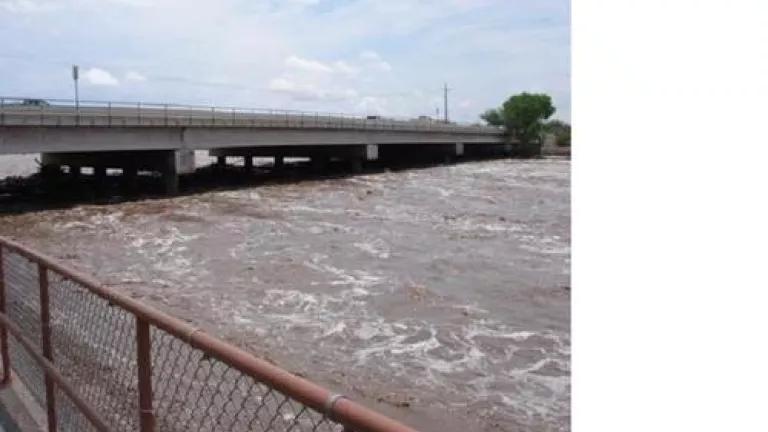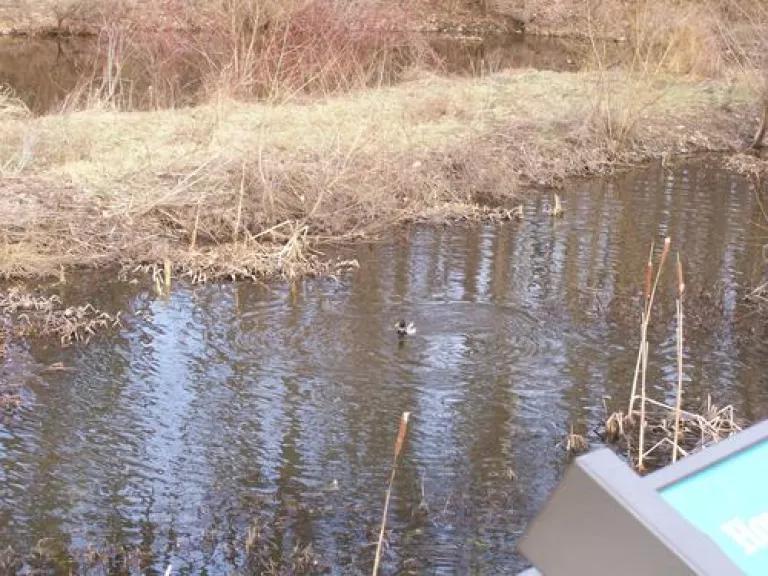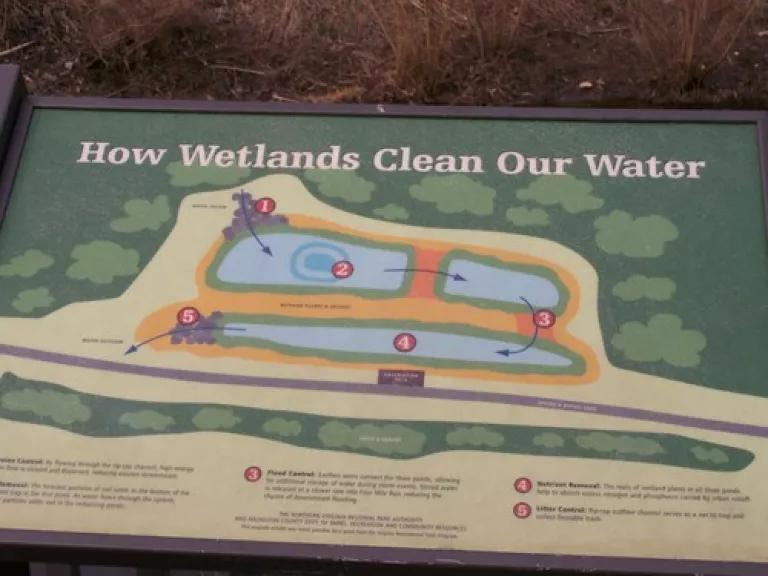
Government staff are often lampooned as incompetent or maligned as indifferent to everyday Americans. Having worked in and with government for many years, spanning administrations I agreed with and those I didn't, I'm here to tell you that those caricatures are flat-out wrong. I find that the vast majority of public servants are hard-working, talented, and dedicated to doing right by the American people. In other words, they’re patriots.
I suspect that one reason these misperceptions stick is that government agencies don't have slick P.R. firms to promote their work, so a lot of the important things they do get lost in the policy weeds.
For example, what if I told you that today the US EPA and the Army Corps of Engineers proposed to revise guidance to the agencies' field staff, which will explain how to identify "waters of the United States" in light of a pair of Supreme Court decisions? Snooze-fest, right?
But what if I told you instead that, thanks to the work of government scientists and lawyers, critical wetlands and streams will soon be covered under the Clean Water Act’s pollution control programs, after having been inadequately protected or denied protection altogether for much of the last decade? Now we’re talking good government!
And that’s what we have today. EPA and the Corps have announced proposed guidelines that clarify whether and under what circumstances the Clean Water Act – the nation’s vanguard law protecting surface waters – applies to rivers, lakes, marshes, streams, and more. This issue affects numerous programs under the law, including requirements that industrial and municipal dischargers must minimize their pollution, the provision that requires oil companies to have spill prevention and countermeasure plans, and the program to clean up polluted waters, to name a few.
Let’s talk about what that means outside of Washington, DC. Under the new guidelines, many streams that flow some parts of the year, but are dry at others, will be more likely to be covered by the Clean Water Act than under prior policies. (The photo below shows the Rillito River in Arizona, such an "ephemeral" stream, after a 3” rain.)
These waters are obviously significant; they can convey water, nutrients, and pollution downstream, so what happens to them is important to the health of the watershed. That’s why it’s crucial to make sure the Clean Water Act covers them.
The same is true for wetlands near small tributaries, like the one here in my neighborhood.


Clean Water Act programs are good for America. Americans depend on and deserve clean water. People should feel safe when they swim that they will not get a water-borne illness. They should drink water from their taps with confidence that the streams that supply that water have not been polluted. They should have waters with abundant fish that are safe to eat, and they should be able to boat without fighting through rafts of disgusting, sometimes toxic, algae. Making sure that the Clean Water Act applies comprehensively to the nation’s aquatic resources will help make these goals real.
The agencies will be taking comments from the public on these new guidelines before putting them into action, and will also be developing an important follow-up regulation that will provide even greater surety that critical waters will be protected. You can bet that polluting industries will be pushing hard to weaken or kill these clean water initiatives. To make sure that doesn’t happen, we need to make our voices heard as well. Please watch this space for information on how to weigh in and support clean water.
If you’d like to find out more about the wonky inside-the-Beltway details of this issue, I have written about it many times before – see here, here, here, here, here, here, and here. But if you just want to know what’s important about today, know this: your government is working to keep your water clean.
